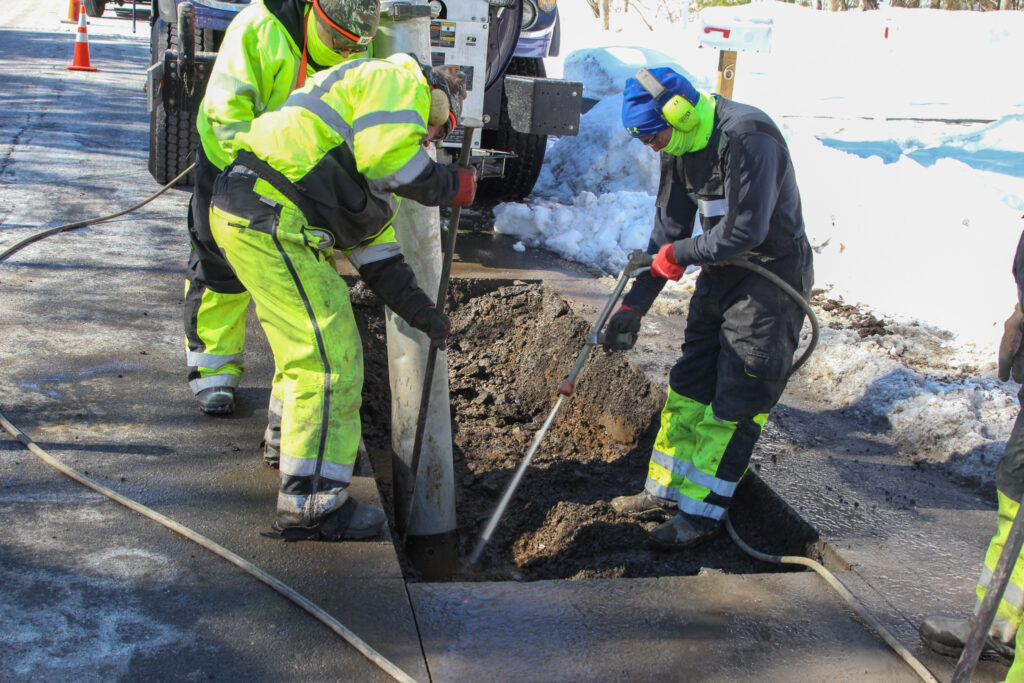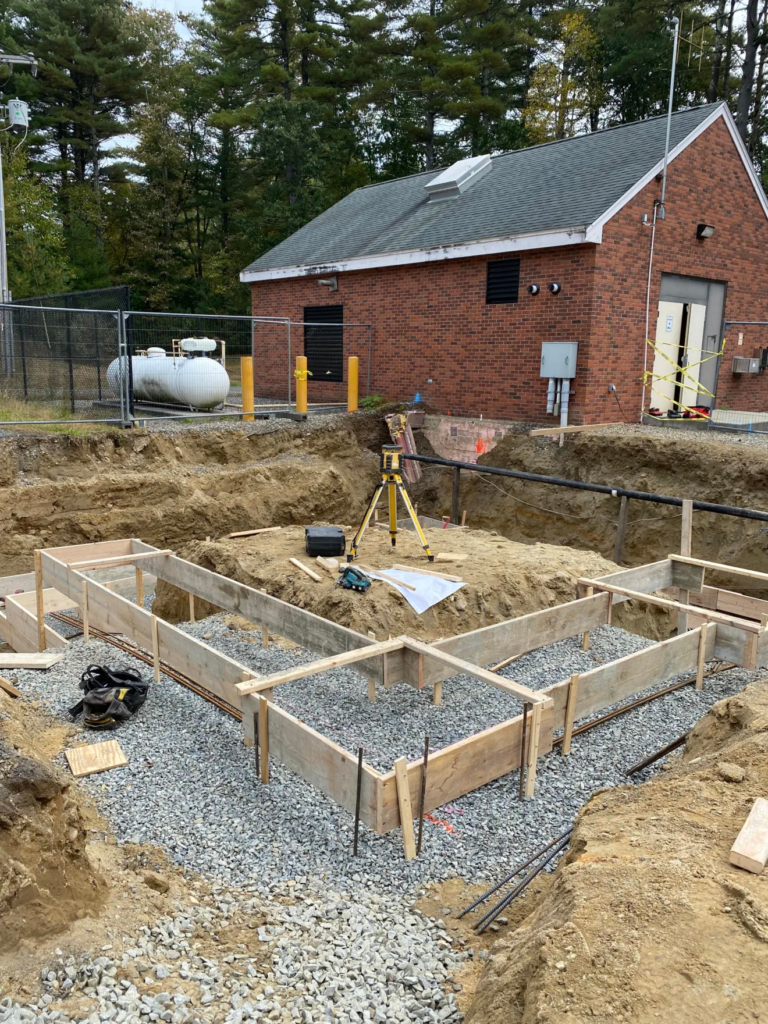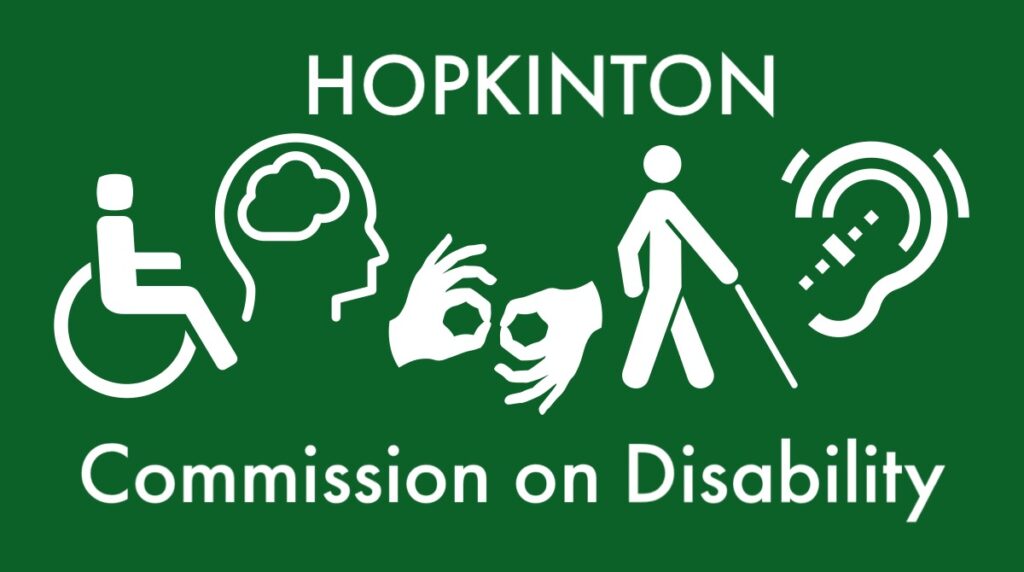Maintaining mental health during times of quarantine and social distancing is just as important as any other coronavirus-related precaution.
That’s why local therapists like Abbie Rosenberg are using their training to help individuals and groups in Hopkinton during these uncertain times.
Rosenberg founded the Mental Health Collaborative on Wood Street one year ago — in memory of a patient who committed suicide — with a mission of “building resilient communities through mental health education and awareness.”
“That was really needed before this pandemic, but I think it’s going to be even more necessary when life starts to normalize,” Rosenberg said. “Because people are having, understandably, a really hard time with this.”
Rosenberg said local community groups have reached out to her for advice on how to handle the many stresses created by the COVID-19 crisis. She also is working with area emergency room doctors who are having a difficult time coping.
“Part of how Mental Health Collaborative feels that we can make an important impact under the present circumstances is by helping to open up conversations about mental health and the interrelated states of mental health that we all go through,” she said. “We all have mental health — just as we all have general health — and we need education about how we talk about it, without stigma and misunderstandings getting in the way. In the wake of COVID-19 we plan to help communities in as many ways as possible, and part of that will be through helping folks understand the range of emotions that we may be going through — disappointments, grief, fear, uncertainty, anger, etc.”
Rosenberg also appeared on HCAM-TV’s Hopkinton Hangout Hour program via Zoom to share her thoughts with the community about how to handle the stress and anxiety.
“We can’t control any of that [COVID-19], but we can control our response to it,” Rosenberg said. “Some of the responses people are having are very normal — fear and isolation and uncertainty and losses.”
Dr. Vinnie Cappetta, another licensed mental health counselor in town who runs Check Your Compass Counseling, also is seeing patients remotely using technology. His grief support group at 249 Wood Street meets weekly, and he is considering more frequent dates for his trauma group.
“It’s different for every person,” Cappetta said. “For some people, they were struggling with anxiety before and this is like struggling with anxiety on steroids now because there’s more to be anxious about.”
Cappetta also is stepping up his efforts to help patients who can no longer afford to pay for appointments because of the loss of employment due to the coronavirus work stoppage, as well as those who have lost insurance or are underinsured.
While loss of life is a tragic reality of this pandemic, there are other kinds of losses that many are experiencing — from loss of jobs to the cancellations of special events like graduations and weddings — that Rosenberg insists shouldn’t be pathologized.
Rosenberg says that people who have diagnosed mental illnesses may need more professional help right now, but for others these times can help to forge a resolve to learn how to deal with difficult situations.
“[Some] people are [being] kinder to others and in some ways maybe less judgmental in some of the groups I’ve been talking to,” Rosenberg said. “On the contrary, I think other people will deal with their fears with not being as kind and being more judgmental. So I think everyone’s dealing with their emotions in the best way that they can.”
Said Cappetta: “Now because of COVID, [some are] not focused on some of the things that were really causing them anxiety. Now they’re just focused on finding toilet paper and they need to survive this crisis. For some people, it’s taking away some of the things that they were anxious about.”
Rosenberg also is making sure her own mental health is a priority during a time when therapists are focused on responding to the needs of a society in crisis.
“I’m doing the same thing that I’m telling people to do — make sure I get enough sleep, eat the right kinds of food, get some exercise or fresh air every day, talk to people, connect with people, and try to help other people,” she said. “Because in that way, we’re helping ourselves. When we brighten someone else’s day, we’re also helping ourselves.”
Rosenberg stressed the importance of connecting with friends and family in whatever ways we can — for the moment, virtually — during times of social distancing, as well as trying to maintain a regular daily routine if home from work or school indefinitely. Breathing exercises, laughing and praying also can be beneficial.
“Now is a time where we have a little bit more time at home with people in our family,” Cappetta noted. “It’s a great opportunity to build some memories with the people in our family, but also probably a good idea to set some boundaries because a lot of us are in each other’s space more now.”
Both Rosenberg and Cappetta suggested that, if social media and news heighten anxiety during these times, it is best to limit or avoid them. Cappetta also encourages getting out of the house to exercise now that the weather is getting better.
“Just [remind] yourself that this is temporary, because sometimes in the midst of this quarantine it seems like it’s never going to end,” Rosenberg said. “Although we don’t know when, we do know it will end.”
Rosenberg encourages individuals and community groups to reach out via the Mental Health Collaborative website at MentalHealthCollaborative.org. Cappetta’s counseling website is CheckYourCompass.org.
Editor’s note: This story appears in the April 22 print edition of the Hopkinton Independent.




















0 Comments